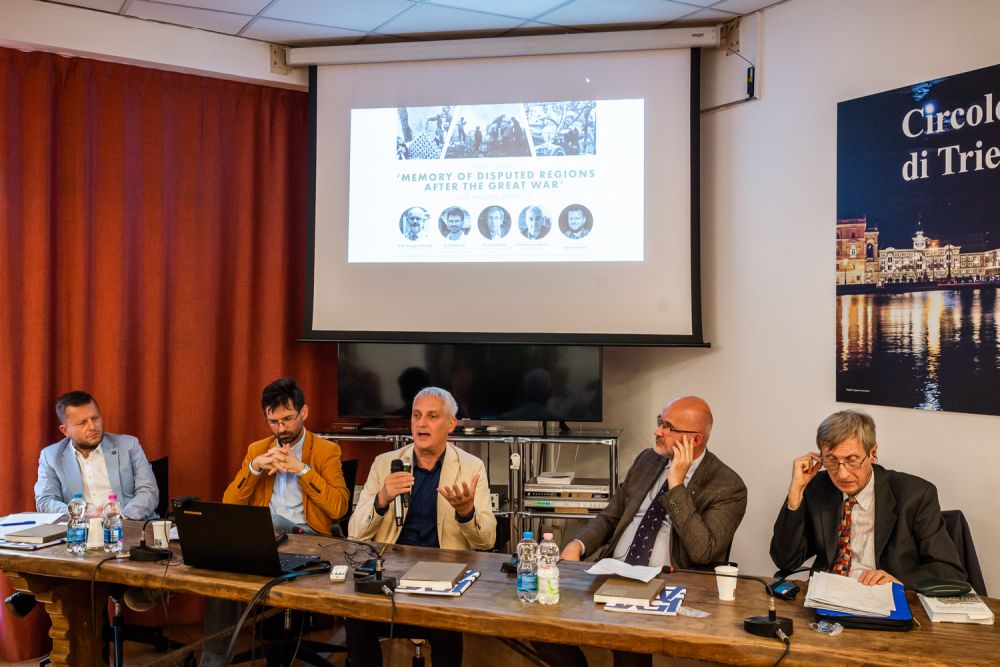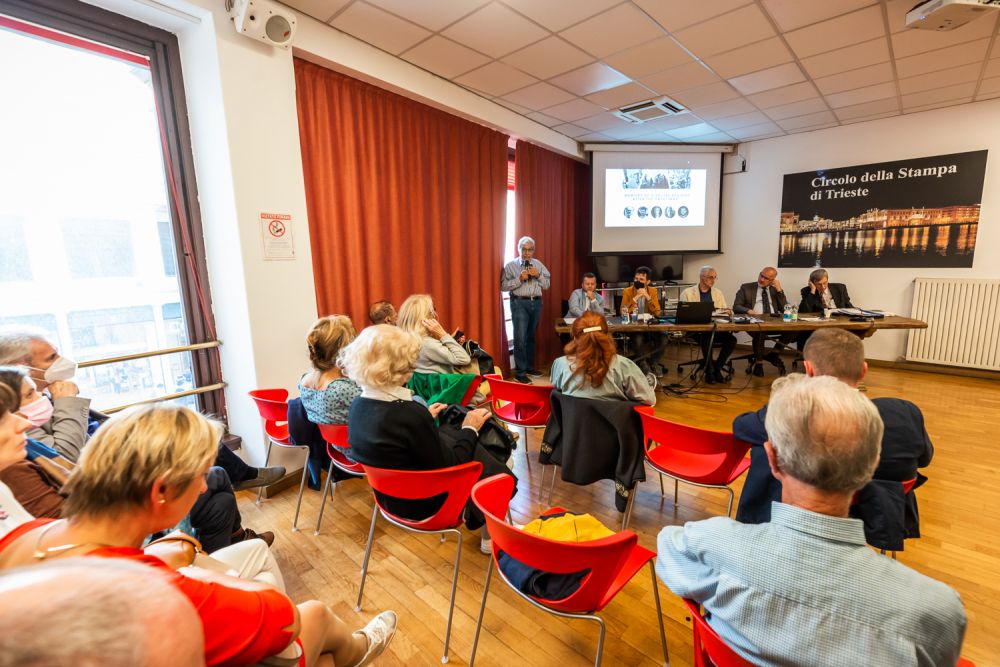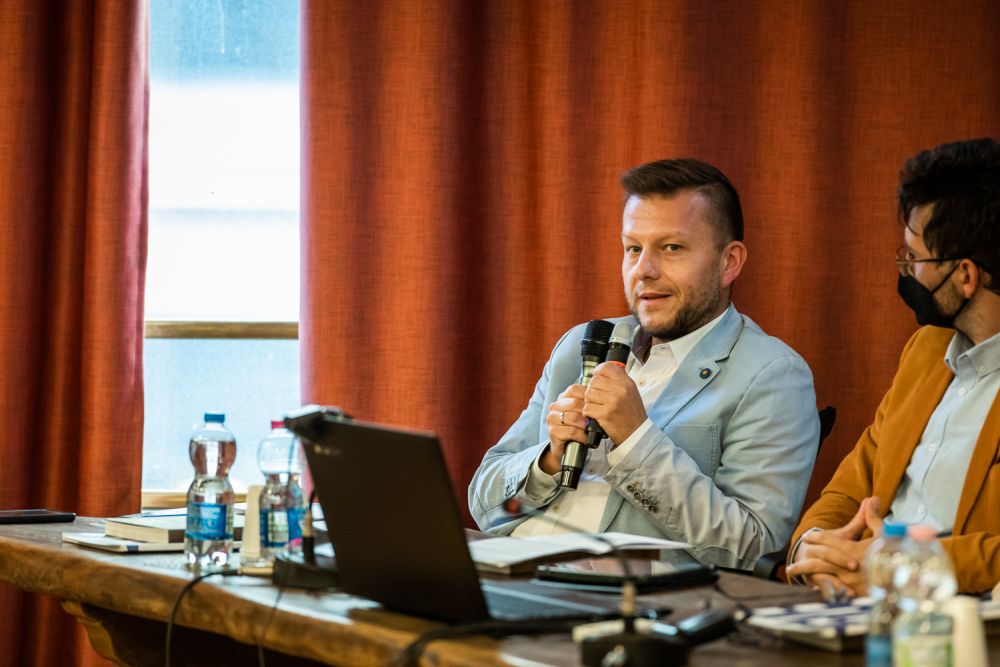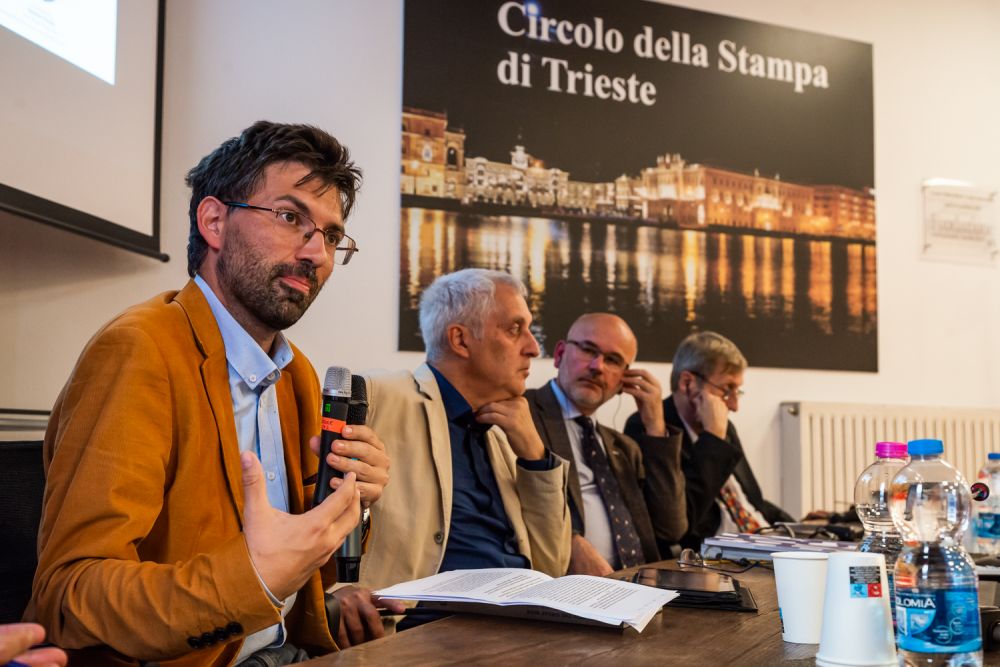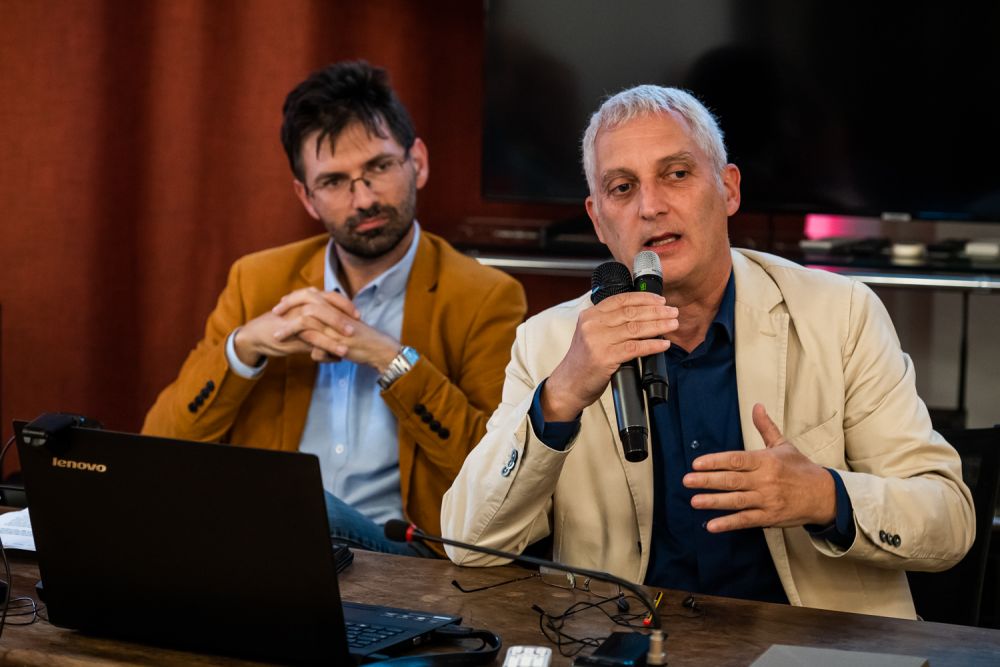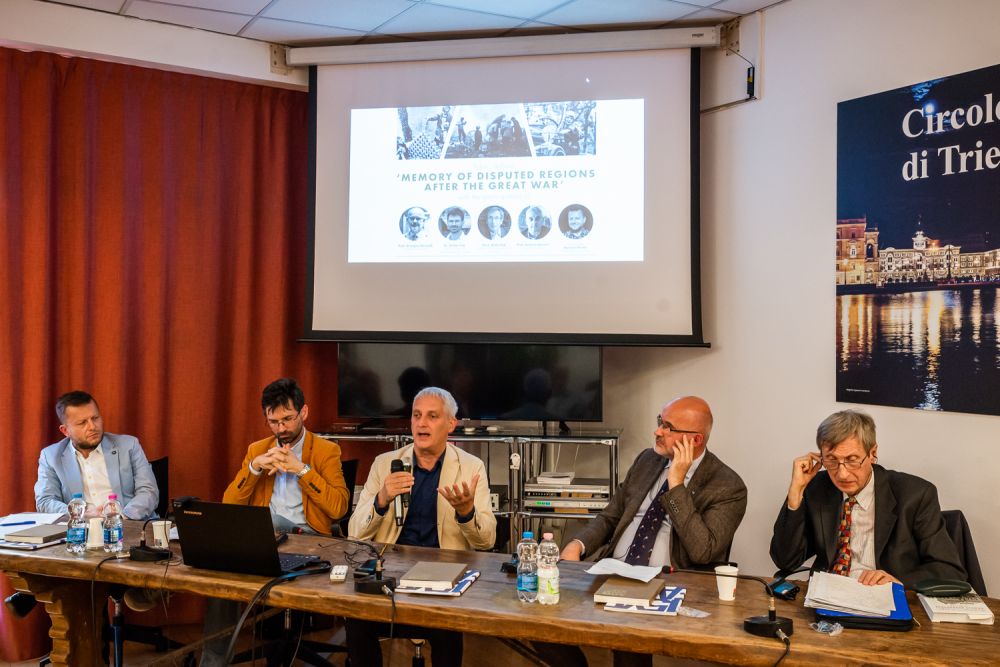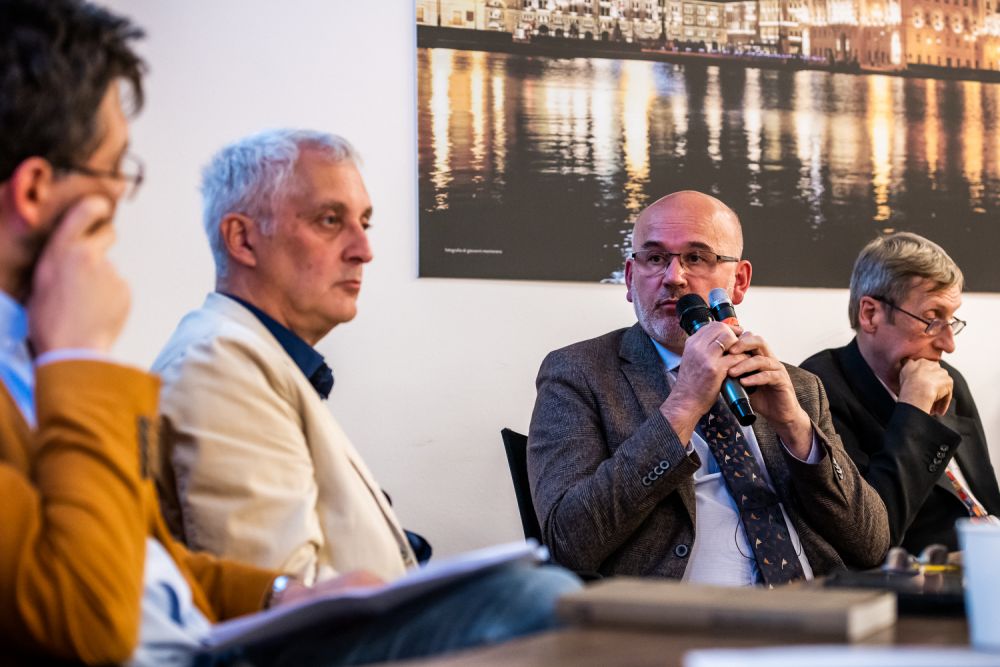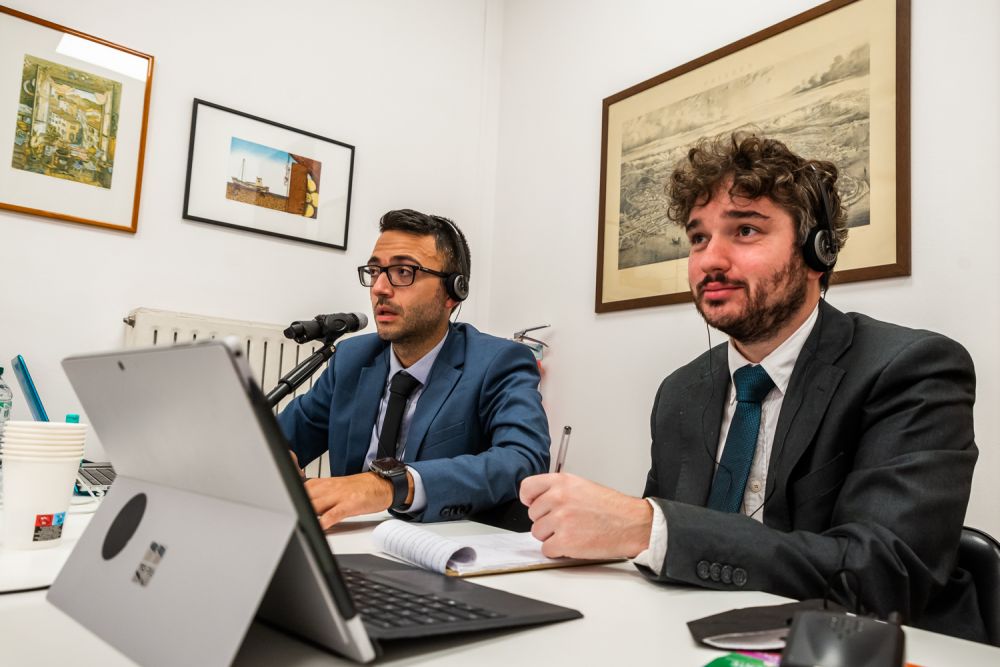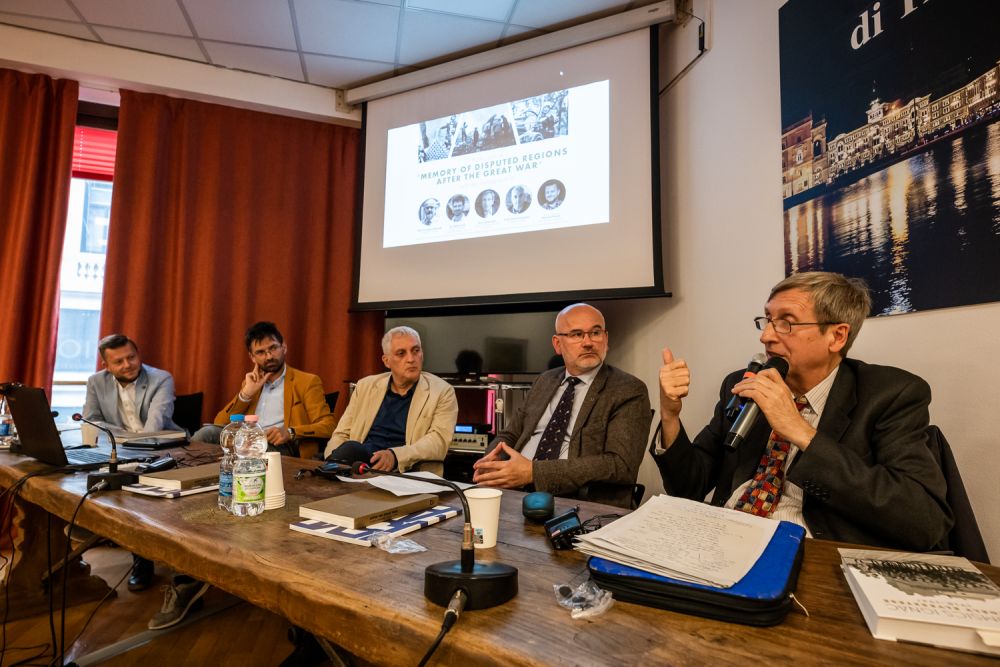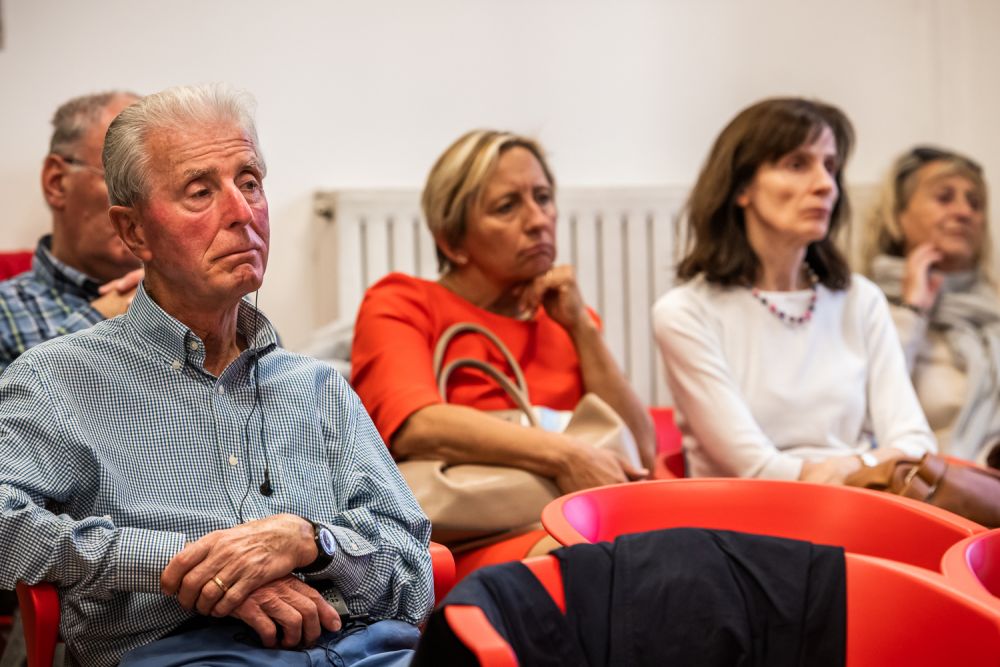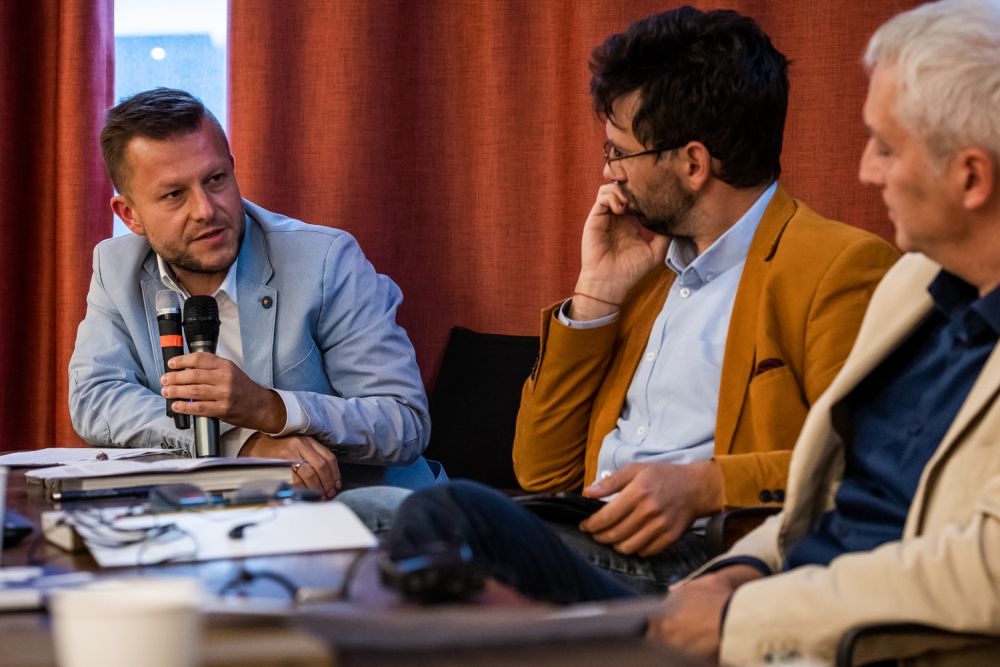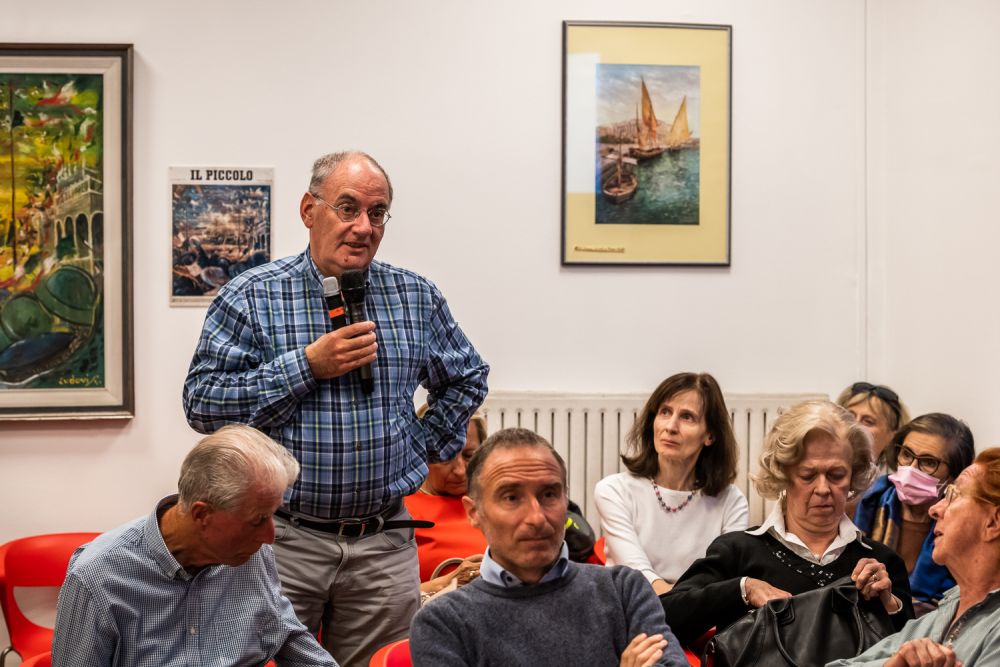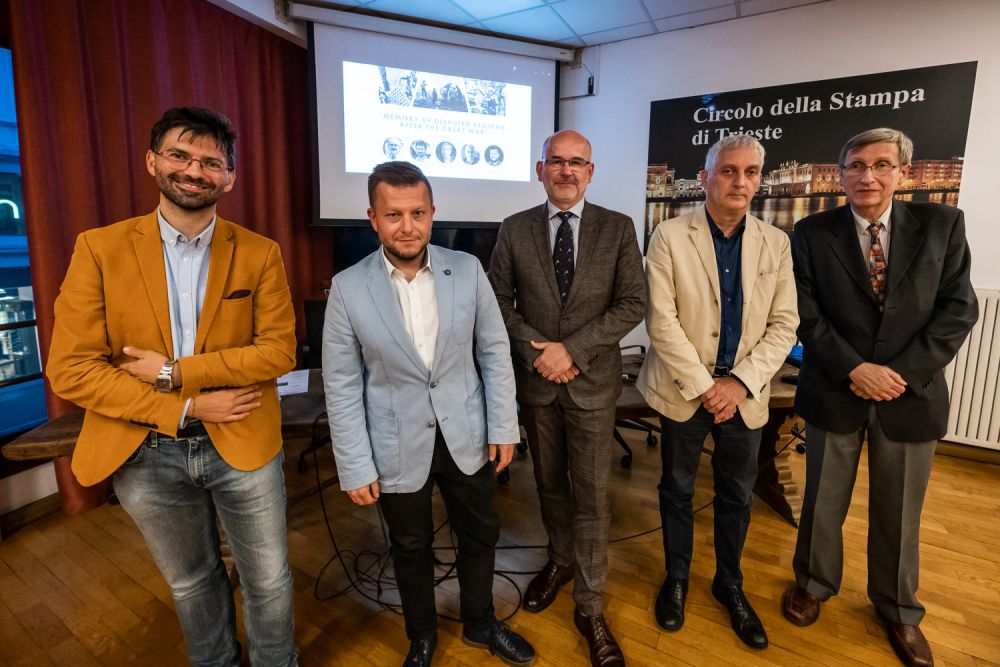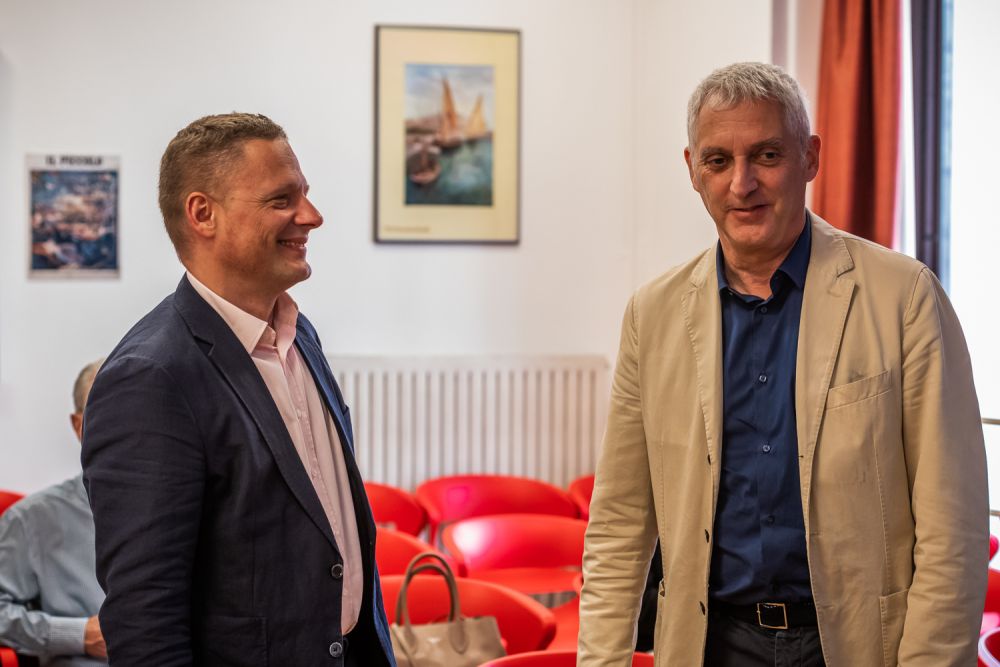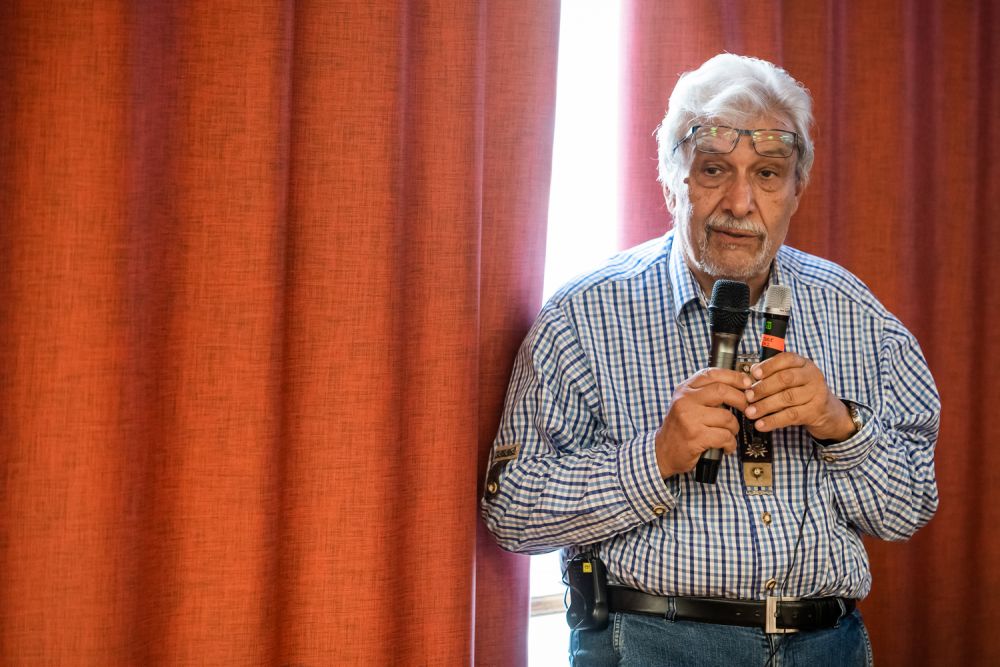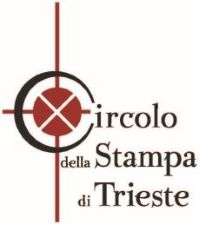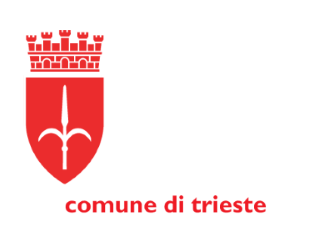The aim of the debate accompanying the opening of the outdoor exhibition ‘After the Great War. A New Europe 1918–1923’ is to discuss the difficult heritage of the Paris Peace Conference, the contested regions. On the one hand, the basic rule governing the new order was the possibility of self-determination, yet it was granted mainly to the victors on the other. Moreover, due to a complicated ethnic structure of East-Central Europe, it was impossible to draw clear border lines which would be satisfactory to all. In many cases borders were drawn with the use of military measures and without holding plebiscites. Another controversial decision was the creation of free cities. Therefore, a number of disputed regions emerged – Trieste, Danzig, Memel, Silesia, Pomerania, and Transylvania being just some of the examples. They belong to the difficult heritage of the Great War.
Participants:
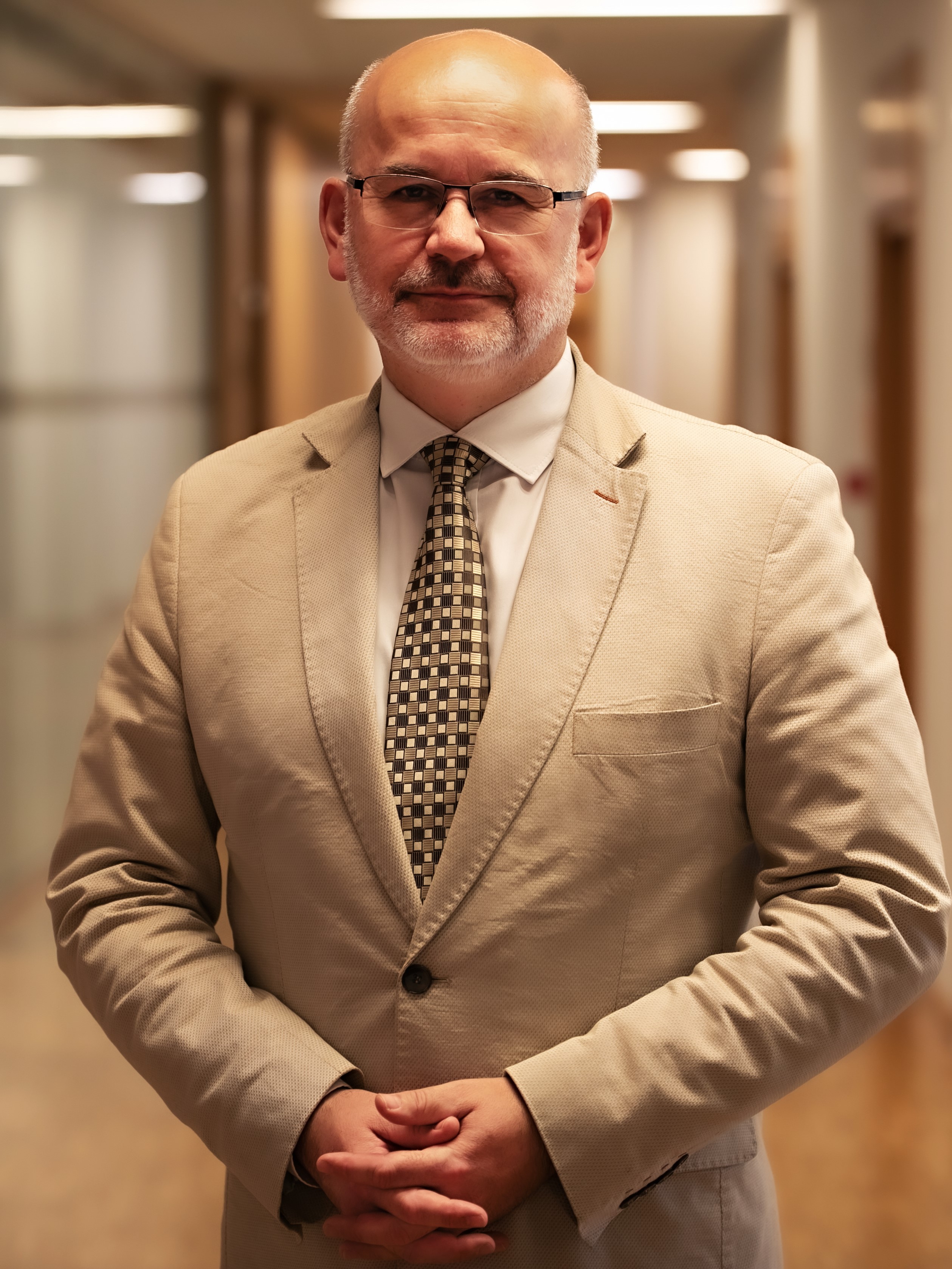

Grzegorz Berendt
Ph.D Hab. Grzegorz Berendt, professor at the University of Gdańsk, is the author of over 100 scientific and over 30 popular science publications. He specialises in the history of Poland in the 20th century, particularly issues related to the mass murder of Jews on Polish soil during the German occupation, the post-war history of the Jewish community as well as the social and political history of Gdańsk, Lębork, Puck, Pruszcz Gdański and Kashubian rural communities. Since July 21st this year Director of the Museum of the Second World War in Gdańsk. He is a member of the Program Council of the Emanuel Ringelblum Jewish Historical Institute in Warsaw, of the council of museums at the Stutthof Museum in Sztutowo, the Auschwitz-Birkenau State Museum in Auschwitz, the Ulma Family Museum of Poles Who Saved Jews in World War II in Markowa, as well as of the Witold Pilecki Memorial Council at the Institute of Solidarity and Bravery. Chairman of the International Auschwitz Council.
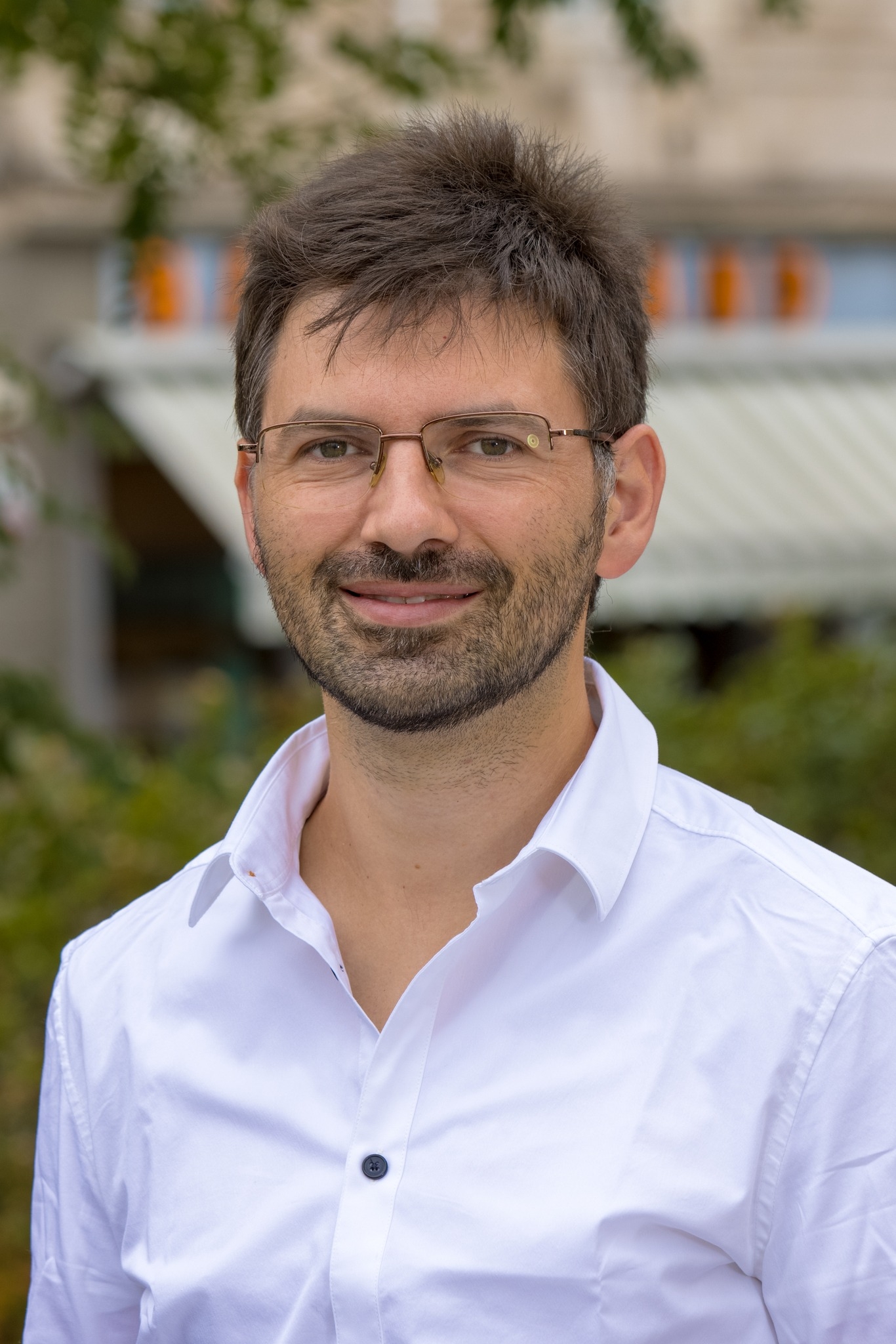

Štefan Čok
Dr Štefan Čok is a member of the Slovene minority in Italy. He achieved a Master in History in Trieste and a PhD in History of Europe and the Mediterranean at the University of Primorska in Koper, Slovenia. Former President of the Trieste-Koper section of ISHA-International Students of History Association and of Study Center Dialoghi Europei, from 2015 he collaborates with the Historical and ethnological department of the Slovene National and Study Library (www.knjiznica.it) in Trieste. In the last years he participated in many projects related to the transmission of historical remembrance and awareness to young generations, organized among others by the Association 47-04 (www.quarantasettezeroquattro.it), IRSREC FVG (Istituto regionale per la Storia della Resistenza e dell’Età Contemporanea - Regional Institute for the History of the Resistance and the Contemporary Age www.irsrecfvg.eu).
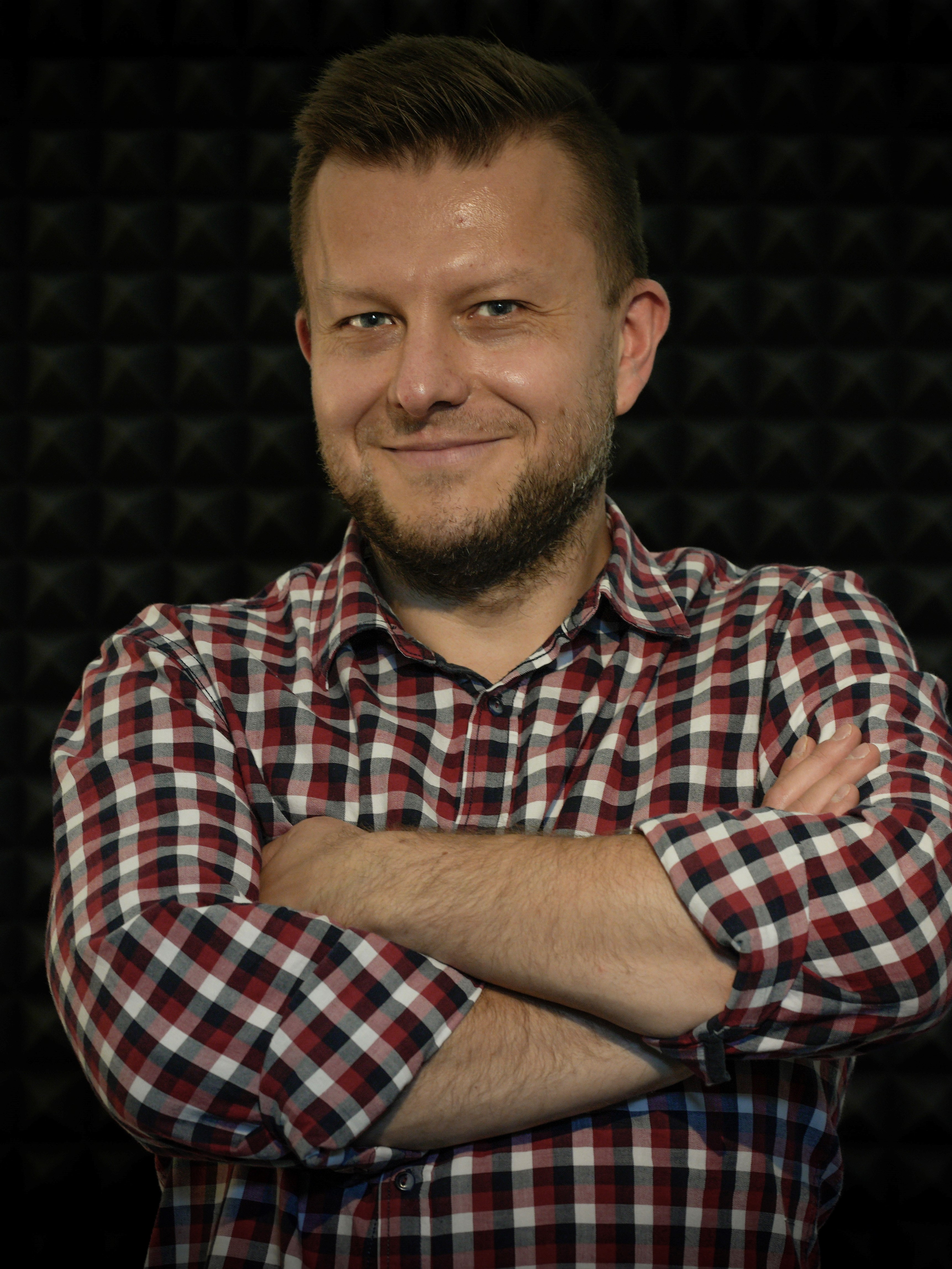

Bartosz Panek
Bartosz Panek is a radio documentary maker with over 20 years’ experience. He studied in Warsaw and Trieste and holds a degree in international relations. Currently he supports Free Range’s creative division. Prize winner of Polish and international awards, including the Prix Italia for innovative documentary language. Co-author (with John Beauchamp and Jarosław Kociszewski) of several audio features for the BBC World Service. Co-founder of the Audionomia Foundation. His second non-fiction book will come out in 2023.
Photo by Jaap Arriens
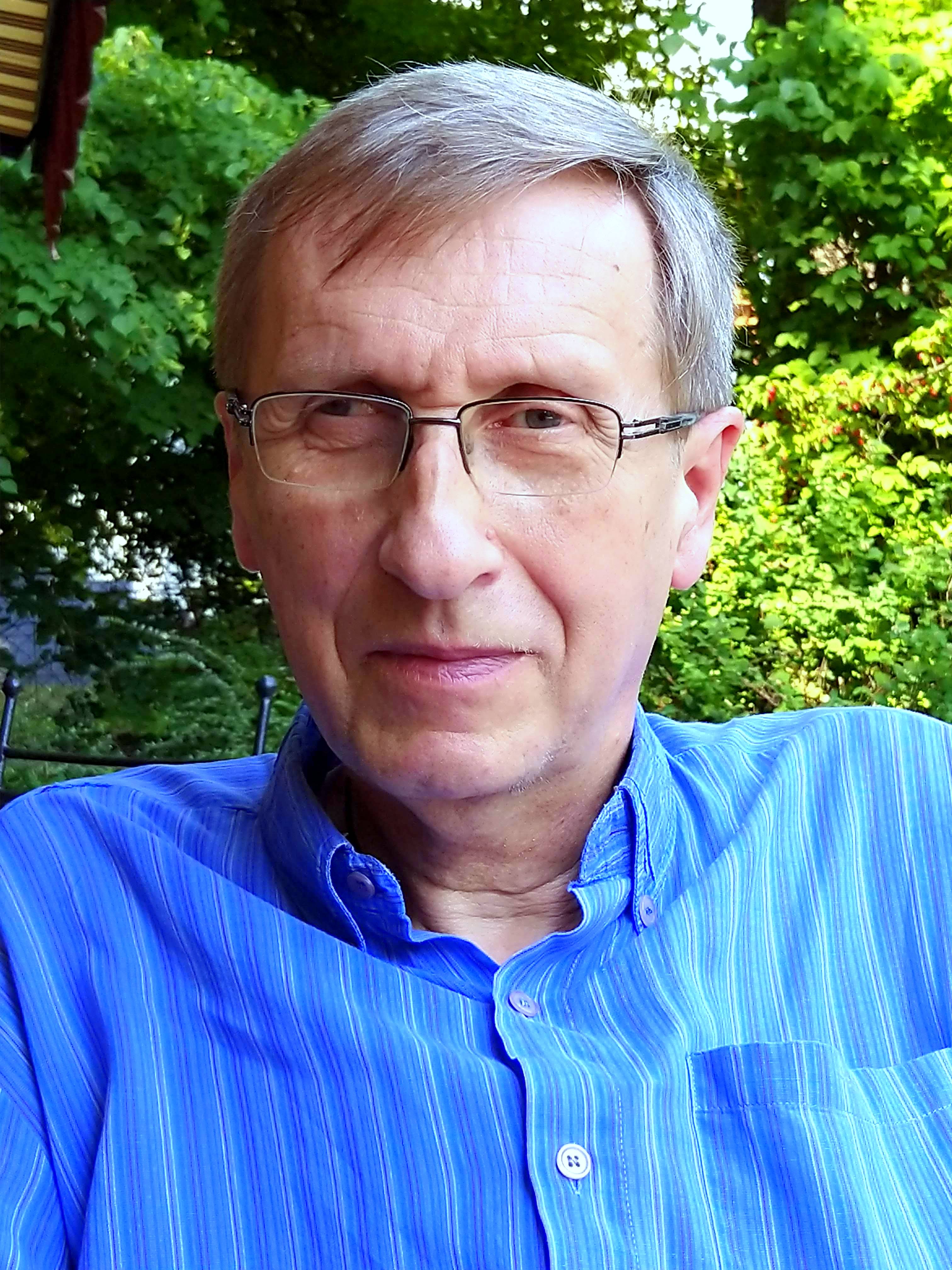

Attila Pók
Attila Pók is Senior Researcher at the Institute of Advanced Studies Kőszeg. From 1996 until 2018, he was Deputy Director of the Institute of History at the Research Centre for Humanities at the Hungarian Academy of Sciences in Budapest. During 2007–2015, he was Secretary General of the Hungarian Historical Association, and he Visiting Professor of History at Columbia University in New York from 1998 until 2013. He is Chairman of the ENRS Academic Council. His publications and courses cover three major fields: the European political and intellectual history in the nineteenth and twentieth centuries; the history of modern European historiography with special regard to political uses of history; the theory and methodology of history writing.
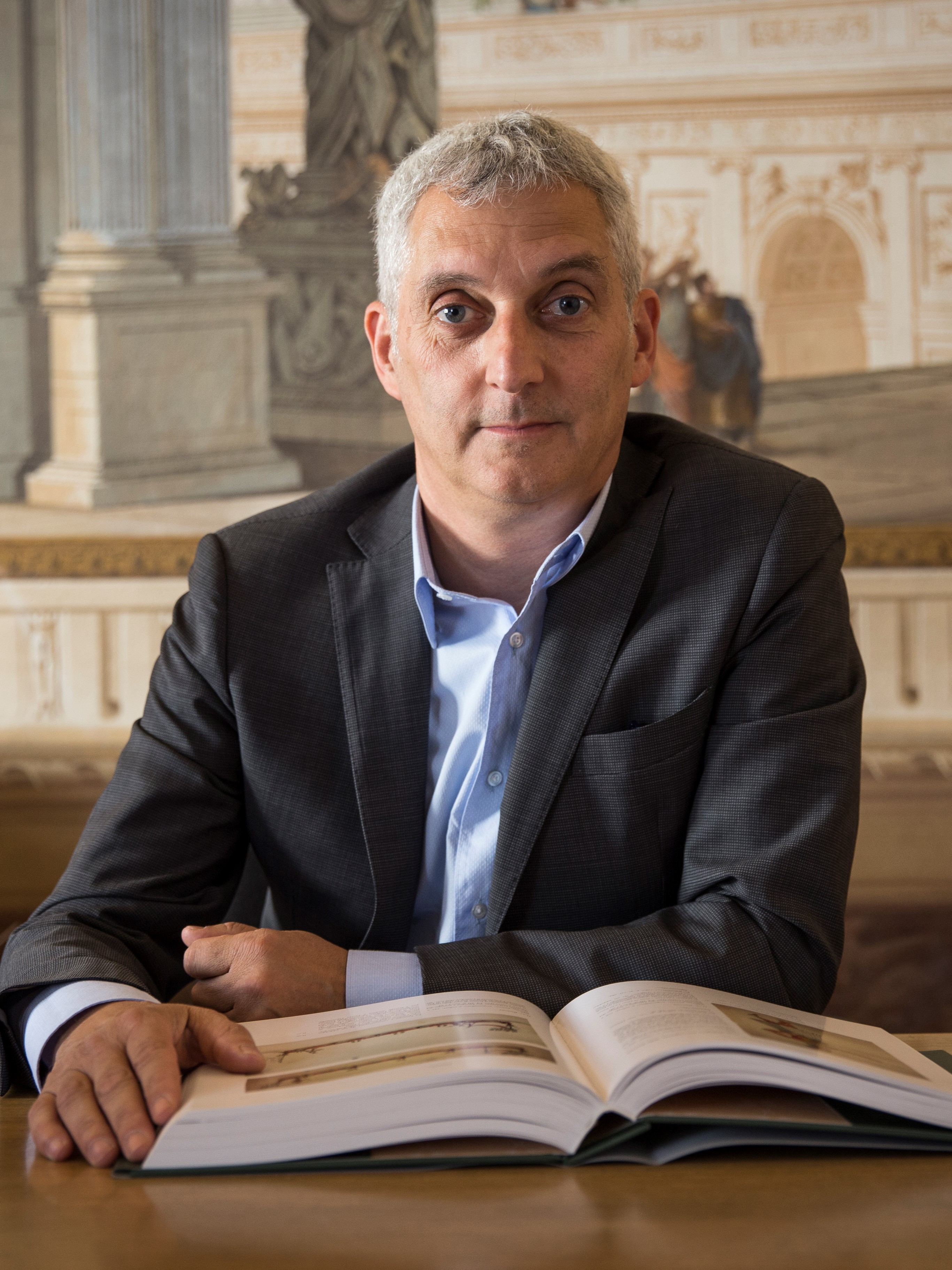

Andrea Zannini
Andrea Zannini teaches History of Europe at the University of Udine, where he was Director of the Department of Humanities and Cultural Heritage Studies (Seal of Excellence), until 2021. He has written on the economic and social history of the Venetian Republic, emigration from Veneto to Brazil, the history of the Resistance. He has about 170 publications, including articles and monographs. His latest monographs are: Storia minima d'Europa. Dal Neolitico a oggi, Bologna 2019 e L'altro Pasolini. Guido, Pier Paolo, Porzûs e i Turchi, Venezia, 2022.

